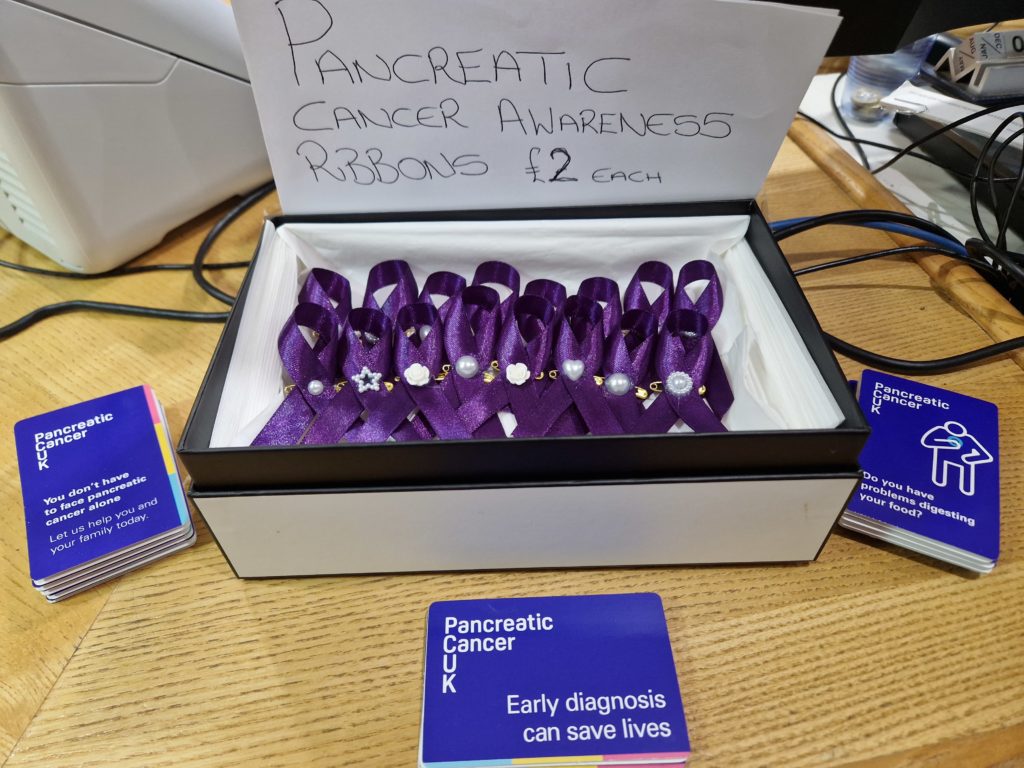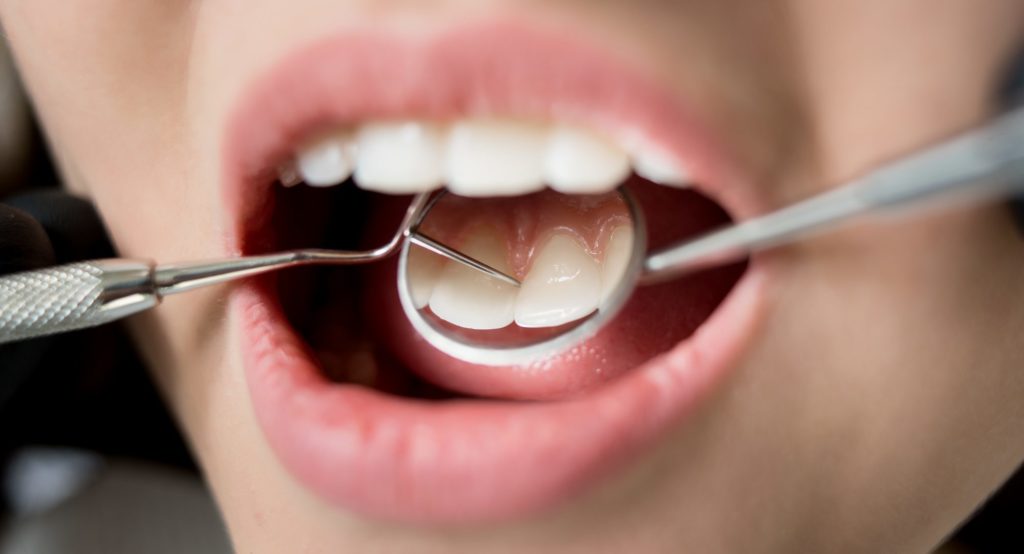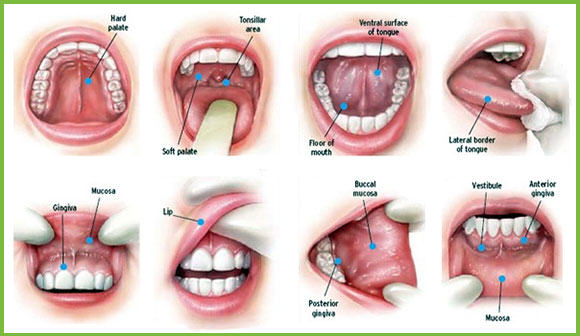

Lung cancer is one of the most common types of cancer and around 47,000 people are diagnosed with the condition every year in the UK. More than 4/10 people diagnosed with lung cancer in the UK are aged 75 and older. Smoking is the most common cause accounting for about 72% of cases, however people who have never smoked can still develop lung cancer.
You should see a GP if you have:
- A Cough that doesn’t go away after 2-3 weeks.
- A long-standing cough that gets worse.
- Chest infections that keep coming back.
- Coughing up blood.
- An ache or pain when breathing or coughing.
- Persistent breathlessness.
- Persistent tiredness or lack of energy.
- Loss of appetite or unexplained weight loss.
Less common symptoms can include:
- Changes in the appearance of your fingers, such as becoming more curved or their ends becoming larger.
- Difficulty swallowing or pain when swallowing.
- Wheezing.
- A hoarse voice.
- Swelling of the face or neck.
- Persistent chest or shoulder pain.
Follow the links below for further information.
The Causes of lung cancer can vary. Please click on the link below for further information.
We cannot completely stop ourselves from developing cancer, but we can take steps to prevent it. The link below shows us 10 steps to preventing lung cancer.

Pancreatic cancer is a cancer found anywhere in the pancreas. The pancreas is an organ in the top part of your tummy which helps digest your food and makes hormones such as insulin. It is very important to get any symptoms of pancreatic cancer checked by your GP as soon as possible. Pancreatic cancer may be hard to spot as you may not have any symptoms.@PancreaticCancerUK
Symptoms of pancreatic cancer can include:
- The whites of your eyes or skin can turn yellow, you may also have itchy skin, darker pee and paler poo than usual.
- Loss of appetite or losing weight without trying.
- Feeling Tired or having no energy.
- High temperature or feeling hot or shivery.
Click on the link below for further information regarding symptoms of pancreatic cancer.
Anyone can get pancreatic cancer. It is not always clear what causes it. You may be more likely to get it if you:
Are over the age of 75, it is not very common under 40.
Have certain medical conditions, such as long-term chronic pancreatitis.
There is a history of pancreatic cancer in your family history.
Many pancreatic cancers are also linked to your lifestyle.
Click on the link below for further information:
You cannot always prevent pancreatic cancer but making healthy changes can lower your chances of getting it.
Excess weight can be a risk factor so do try to lose weight if you are overweight.
Cut down on how much processed and red meat (such as ham, bacon and salami) you eat.
Try to cut down on your alcohol intake – try not to drink more than 14 units per week.
If you are a smoker, try to stop smoking.
The link below will give you further information regarding the risk factors and pancreatic cancer:
These are our homemade Pancreatic cancer ribbons that we are selling to support Pancreatic Cancer UK. They are available at The Thornton Practice Reception desk. Please help us with a worthy cause to help patients diagnosed with cancer.


November is Mouth cancer action month also known as oral cancer. Mouth cancer is where a tumor can form in a part of the mouth. This could be on the surface of the tongue, inside of the cheeks, the roof of the mouth, the lips or gums.
Around 8,300 people are diagnosed with mouth cancer each year in the UK, which is 1 in every 50 cancers diagnosed.
It is vital we check our mouths regularly to check for any changes, lumps or discolorations. Please see the information below showing you how to check for changes.

